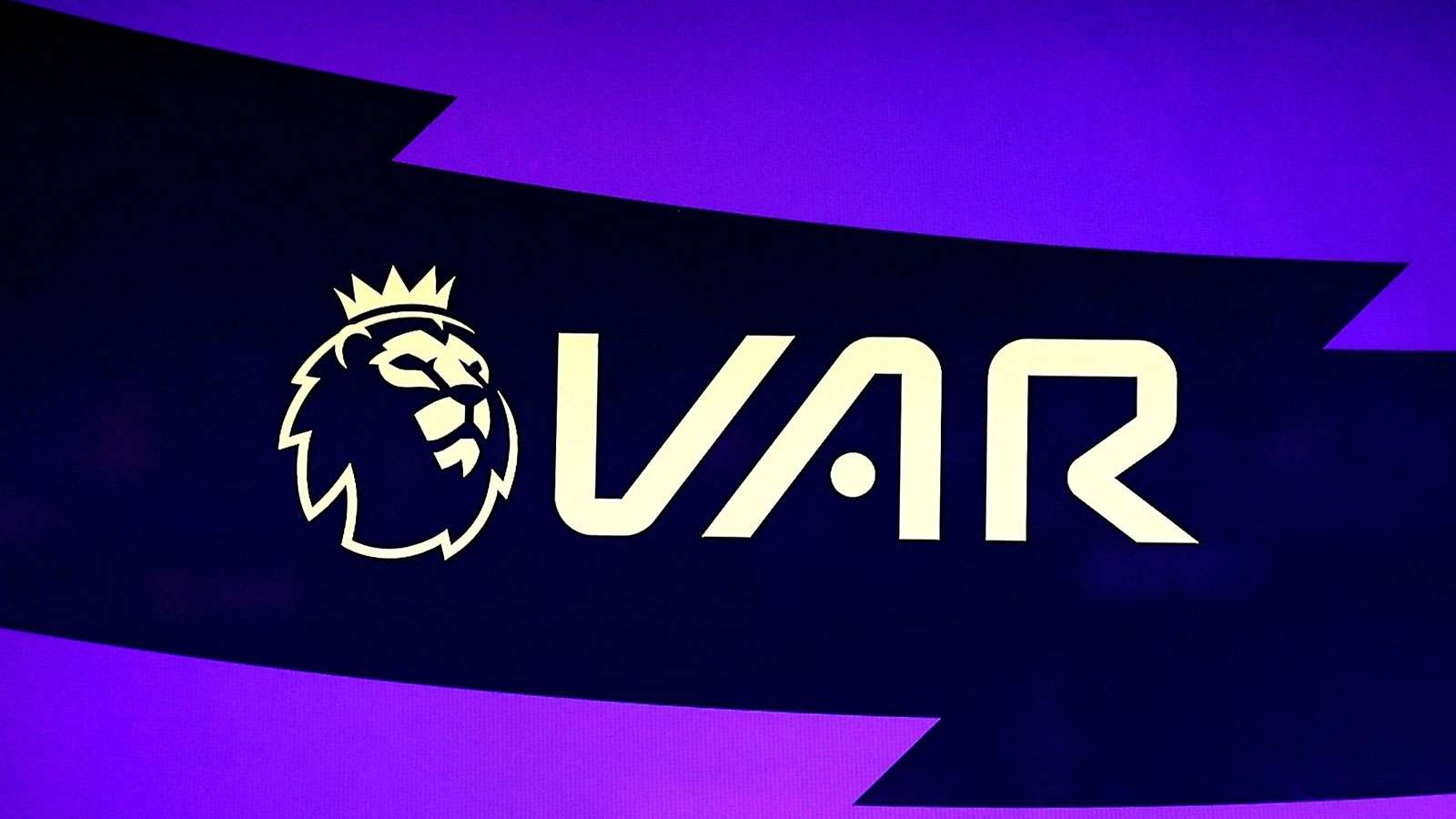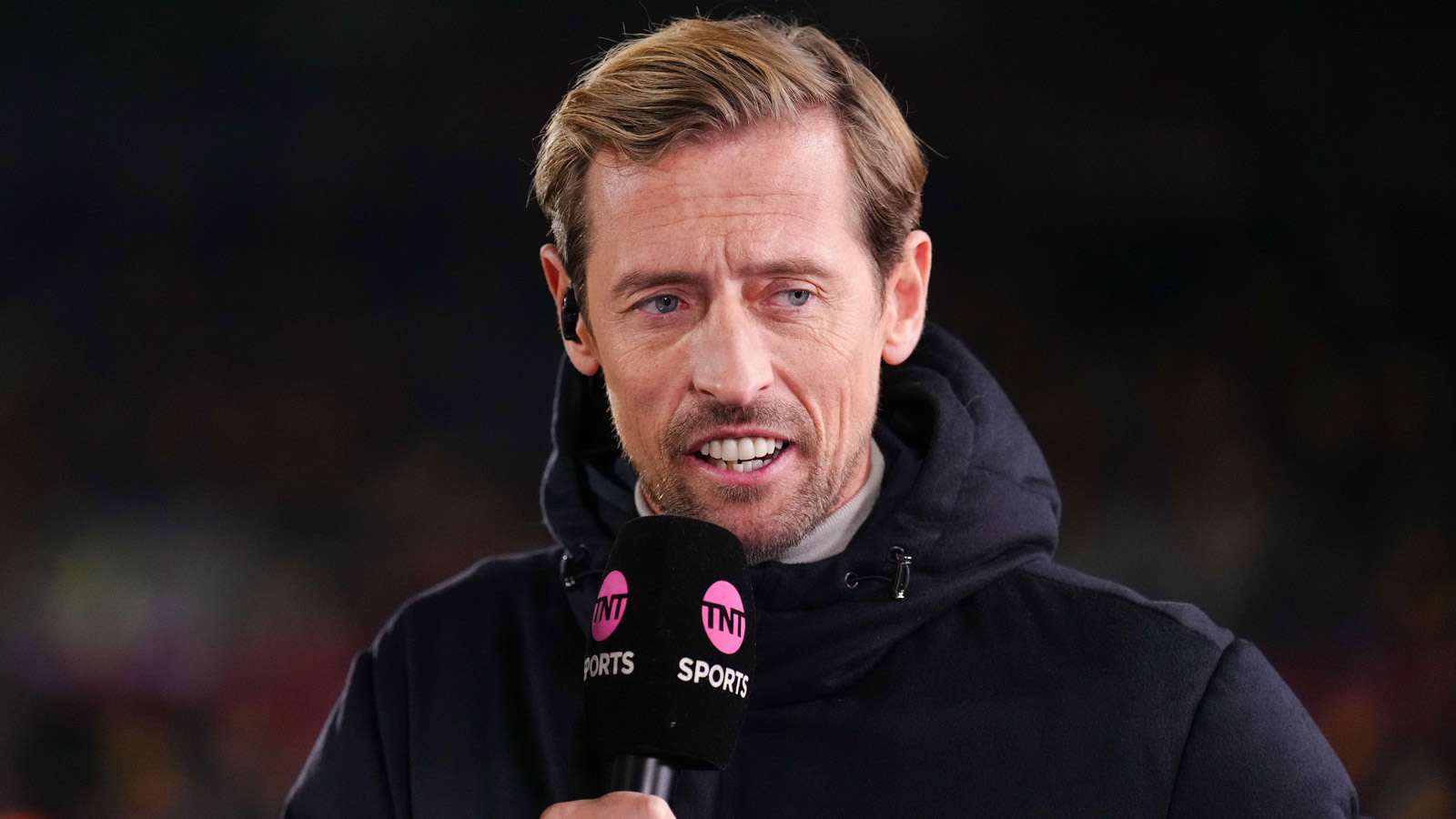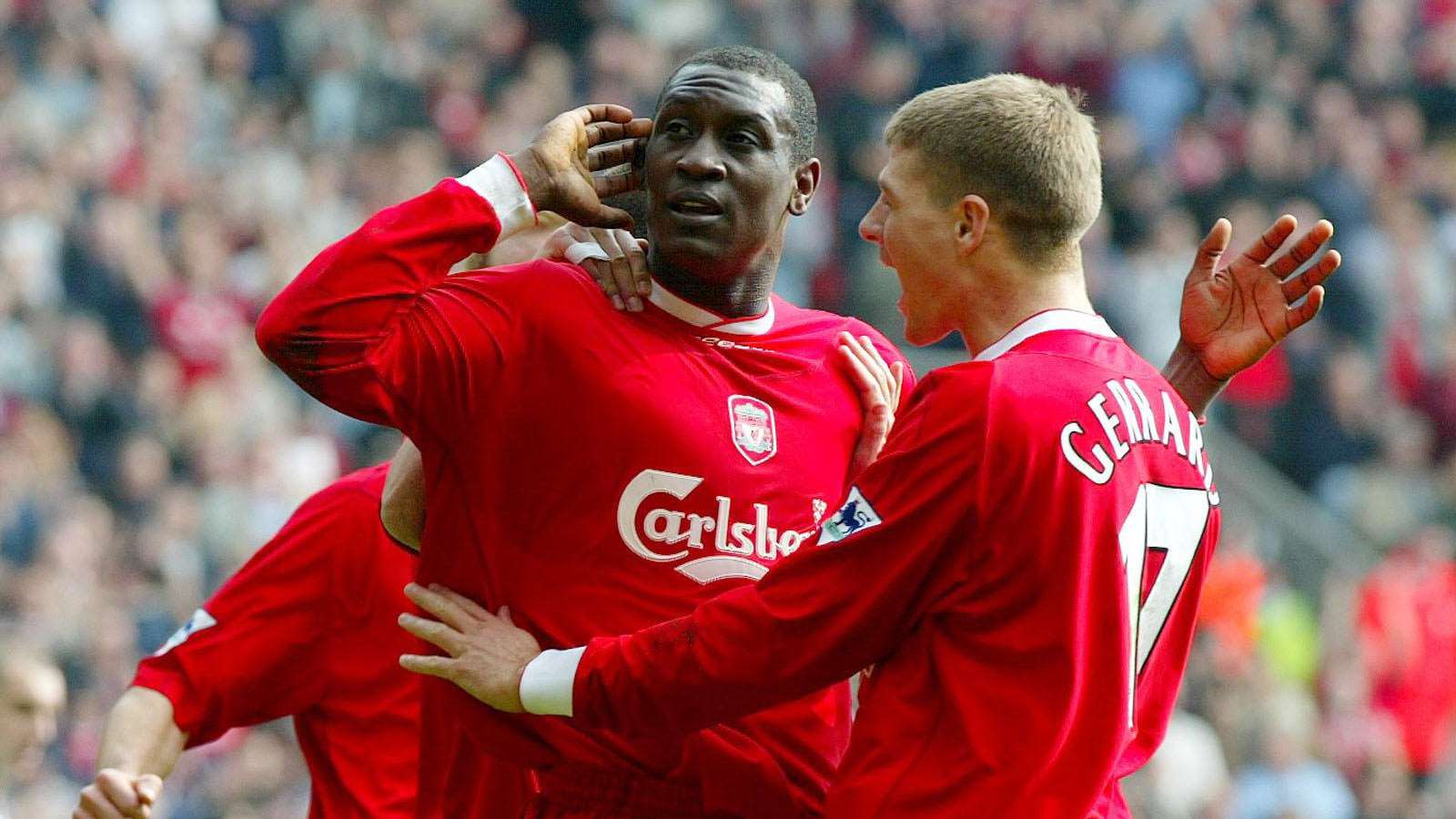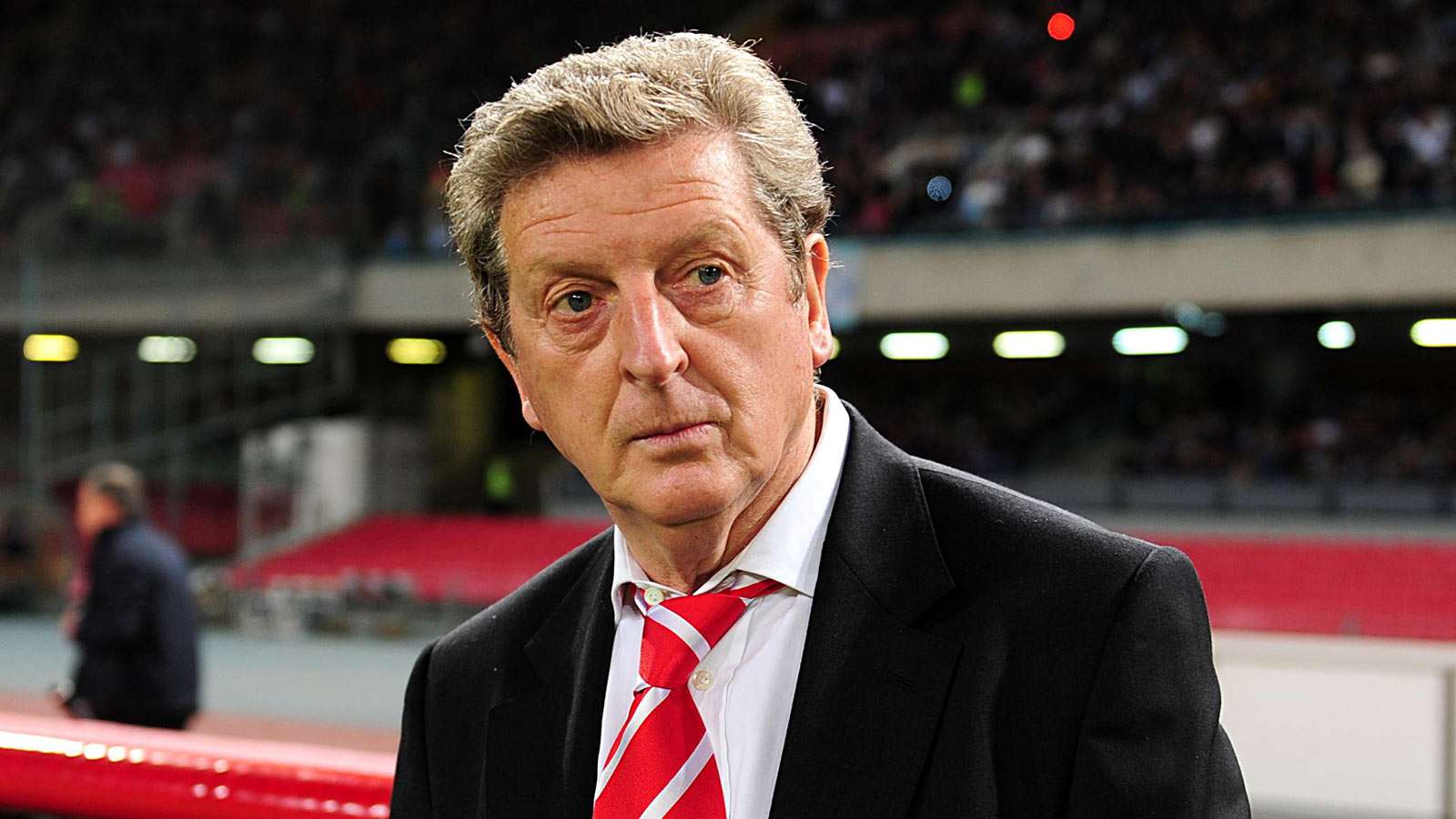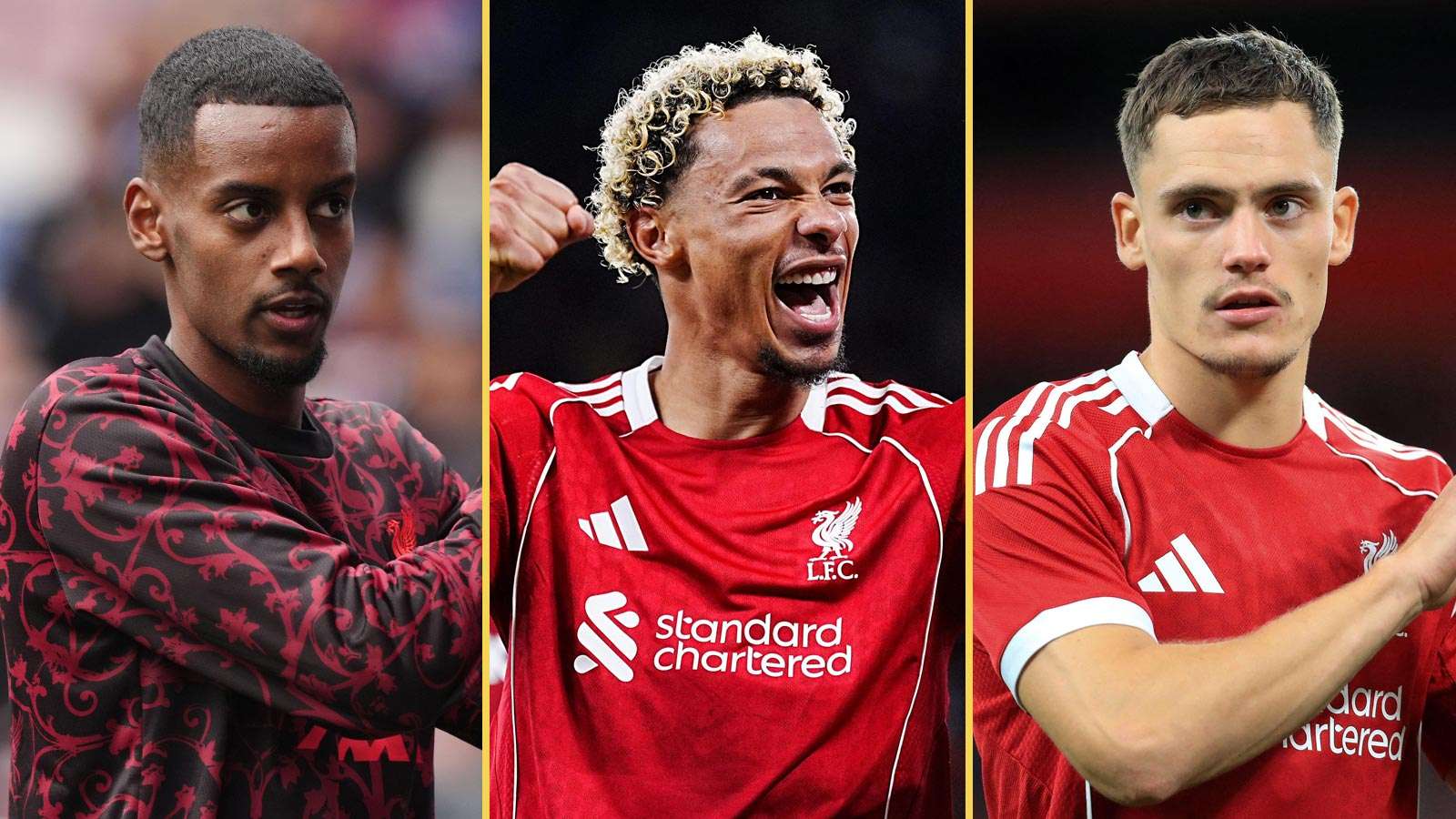Audio footage released by the Premier League has provided a detailed look at the officials’ discussions that led to Virgil van Dijk’s goal being ruled out in Liverpool’s 3-0 loss at Manchester City, a decision that continues to divide opinion
PGMOL chief Howard Webb has defended the decision to disallow Virgil van Dijk’s first-half equaliser during Liverpool’s 3–0 defeat to Manchester City at the Etihad Stadium in the most detailed terms yet.
A flashpoint which has now become the central talking point of the Premier League weekend and a source of escalating tension between the club and the refereeing authority.
The incident, reviewed for 13 seconds by VAR Michael Oliver, has reignited longstanding concerns within Liverpool over the standard of decision-making, the threshold for VAR intervention and the consistency of officiating across the division.
With Liverpool trailing 1–0 but growing into the contest, the Reds captain Virgil Van Dijk met Mohamed Salah corner with a thundering header that appeared to have drawn Arne Slot’s side level.
Scott Ledger, the assistant referee, immediately raised his flag to signal that Andy Robertson had been in an offside position.
Referee Chris Kavanagh paused for confirmation from Stockley Park, where Oliver reviewed the incident from multiple angles before advising that the on-field decision should stand.
Liverpool’s belief that the equaliser should have stood is absolute. Their argument is centred on Robertson’s behaviour: the Scotland captain stood a yard beyond the last defender, but made no attempt to challenge for the ball and, crucially, did not impede Gianluigi Donnarumma’s ability to play it.
Liverpool contend that Robertson’s instinctive duck was neither a deliberate football action nor one that interfered with the goalkeeper’s line of sight or ability to move.
The senior figures made their displeasure formal on Monday morning, writing to PGMOL to set out their “significant concerns”.
Under mounting pressure, Howard Webb appeared on the Premier League’s broadcast to provide a meticulously framed defence of the process. His explanation, though detailed, has done little to close the gap between PGMOL’s interpretation and Liverpool’s position.
“For sure Michael, a huge decision in a big game,” Webb told former Liverpool striker Michael Owen.
“As the ball moves towards Robertson – three yards out from goal in the middle of the six-yard box – he makes that clear action to duck below the ball. It goes just over his head and finds the goal in the half of the six-yard box where he is.”
Webb emphasised proximity and movement as the decisive factors.
“The officials have to make a judgement: did that clear action impact on the goalkeeper and his ability to save the ball? That’s where the subjectivity comes into play. They looked at that action so close to the goalkeeper and formed that opinion.”
He acknowledged discontent among fans and pundits, but maintained the logic held under scrutiny.
“I know that’s not a view held by everybody but it’s not unreasonable to understand why [the officials] would form that conclusion when the player is so close to the goalkeeper, the ball is coming right towards him and he has to duck to get out of the way. They form the conclusion that it impacts Donnarumma’s ability to dive towards the ball and make the save.”
Webb then outlined the VAR framework, defending Oliver’s decision not to overturn the on-field call.
“Once they’ve made that on-field decision, the job of the VAR is to look at that and decide was the outcome clearly and obviously wrong. Only Donnarumma truly knows if he was impacted by this and we have to look at the factual evidence.”
Liverpool’s frustration is amplified by the significance of the moment. At 1–1, the dynamic of the game changes entirely. Liverpool had weathered City’s early intensity and were beginning to assert themselves, with Szoboszlai, Gravenberch and Salah pushing higher.
Had Van Dijk’s header been allowed, Slot’s side would have entered the remainder of the match with momentum and belief restored. Instead, the decision appeared to deflate the visitors. Nico González’s late, deflected effort and Jeremy Doku capitalised after the break, weaving through a scattered defence sealed the 3–0 scoreline.
The fallout will continue not because of a single incident, but because of what it represents a moment that swung a match, and a judgement that, in Liverpool’s view, fell short of the standards the Premier League should uphold.
With Liverpool slipping further off the pace in the title race, the disallowed goal will only contribute to a growing sense of exasperation over officiating inconsistencies.
For Slot’s side, it was a moment that changed the direction of a match one they feel should never have been taken away.
